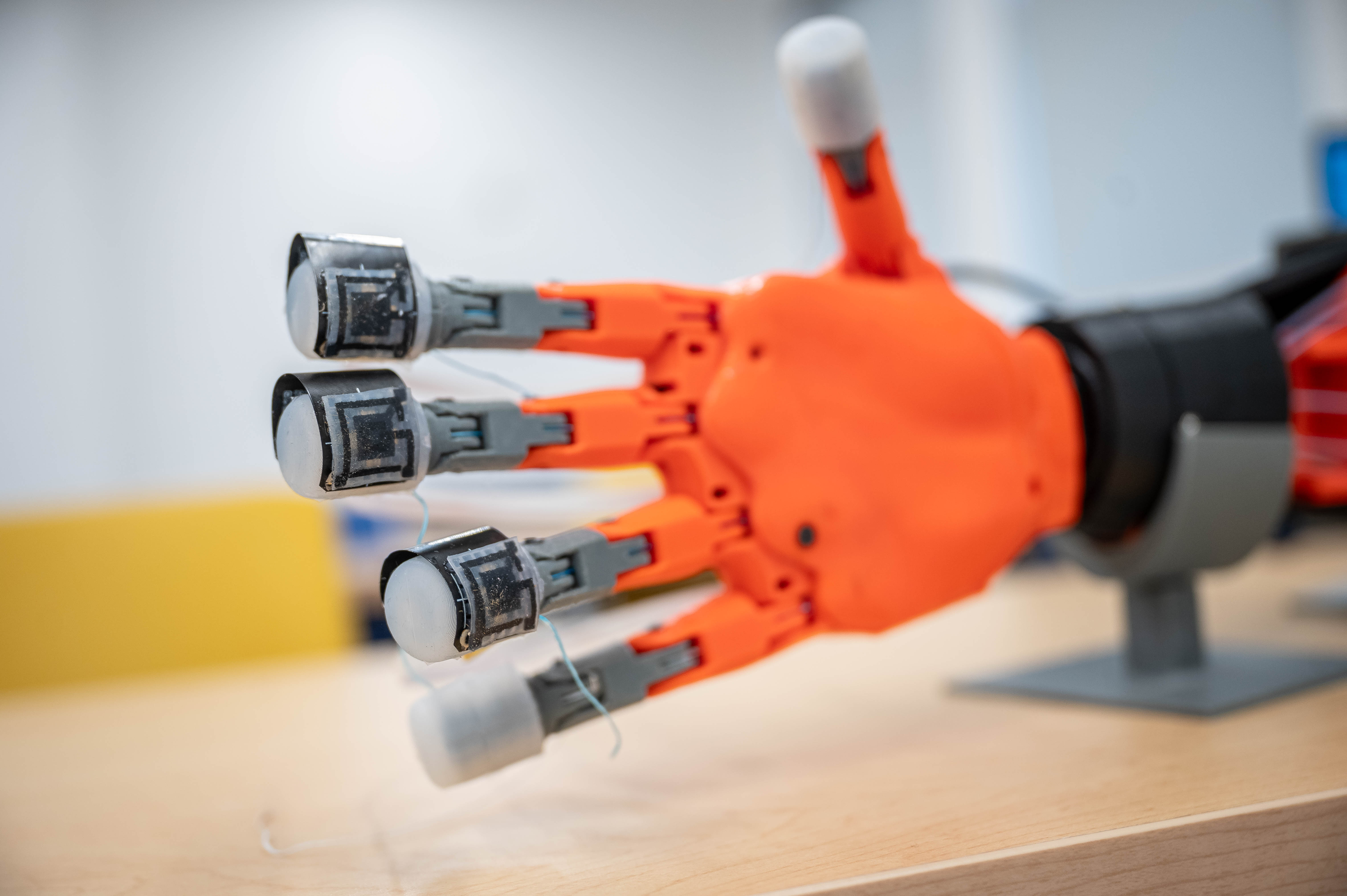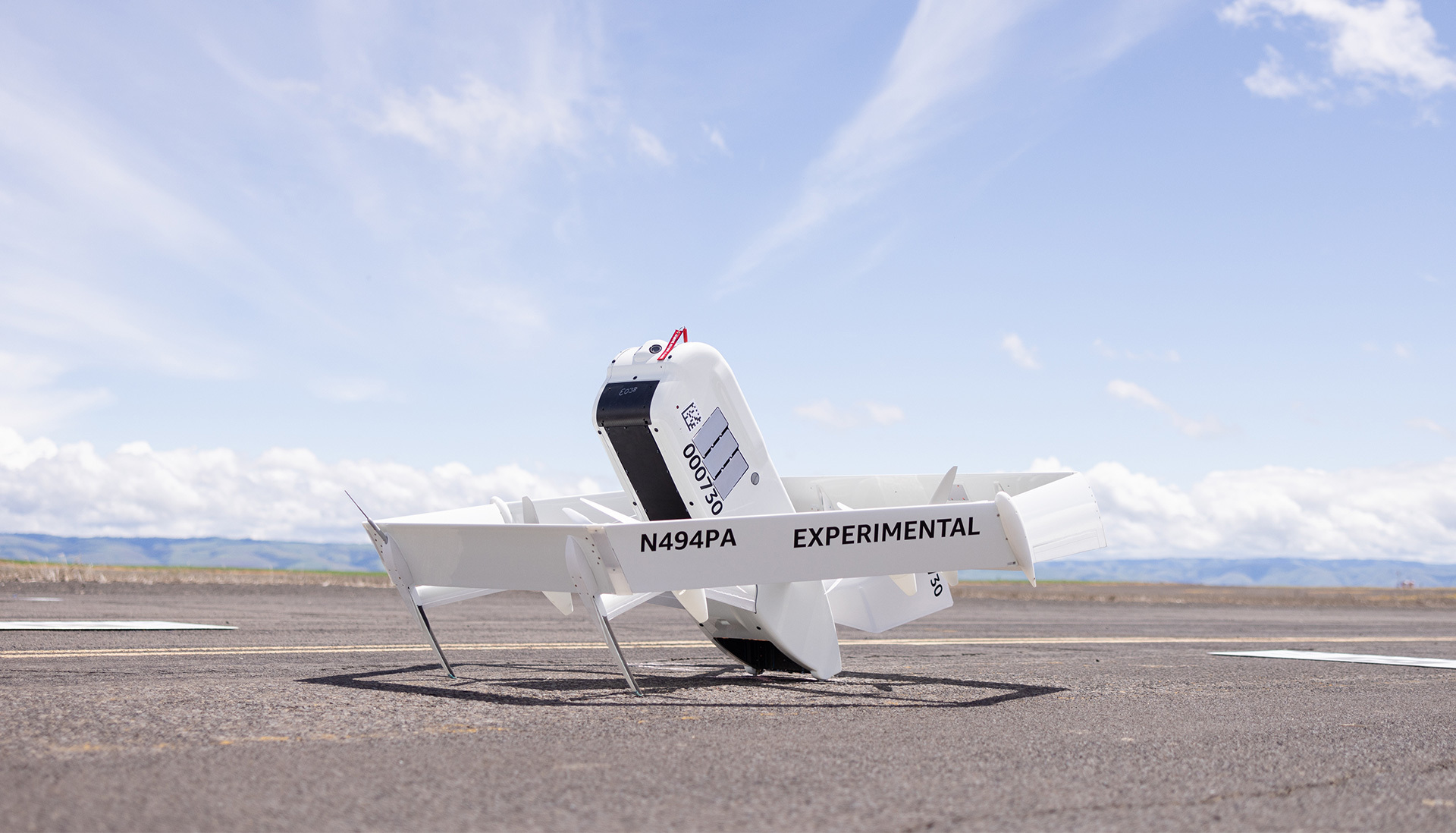In big breakthrough, researchers from University of Illinois at Chicago developed lithium-carbon dioxide batteries which can operate in a fully rechargeable manner. Researchers successfully tested a prototype running up to 500 consecutive cycles of charge/recharge processes.
Lithium-carbon dioxide batteries are attractive energy storage systems:
For years researchers have been working to make a lithium carbon dioxide battery because it has a specific energy density 7 times greater than a conventional lithium-ion battery. But until now, scientists have not been able to develop a fully rechargeable prototype.
Now researchers have developed lithium-carbon dioxide batteries which can operate in a fully rechargeable manner.
Amin Salehi-Khojin, associate professor of mechanical and industrial engineering at UIC’s College of Engineering, said,”Lithium-carbon dioxide batteries have been attractive for a long time, but in practice, we have been unable to get one that is truly efficient until now,”
For thorough recycling of both lithium carbonate and carbon, researchers made use of molybdenum disulfide as a cathode catalyst combined with a hybrid electrolyte to help incorporate carbon in the cycling process.
Salehi-Khojin explained, “Our unique combination of materials helps make the first carbon-neutral lithium carbon dioxide battery with much more efficiency and long-lasting cycle life, which will enable it to be used in advanced energy storage systems,”







